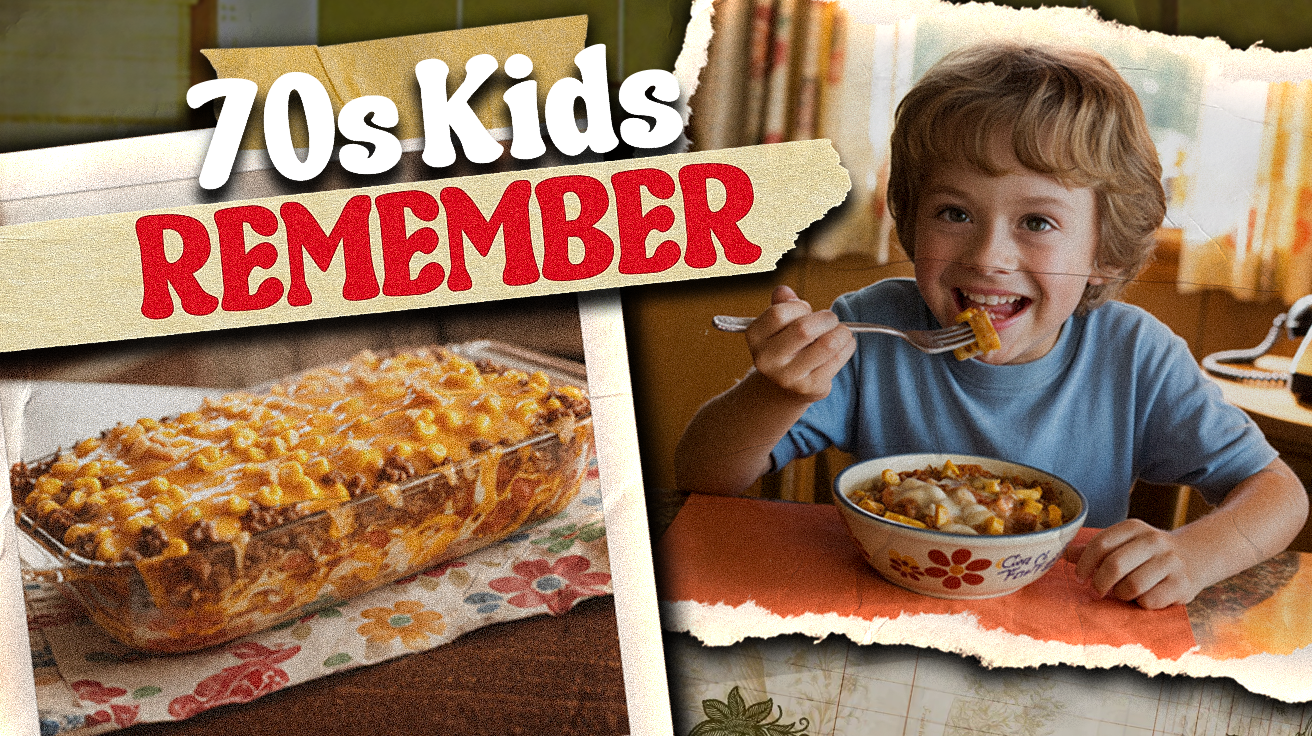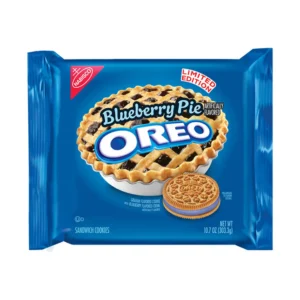Step into a time capsule where Jell-O wasn’t just dessert but an entire food group, where cheese came in aerosol cans, and where no protein was safe from being suspended in aspic. The 1970s—that magical decade when America collectively decided that dinner should look like something Salvador Dalí might hallucinate after eating gas station sushi. These forgotten feasts aren’t just relics; they’re cultural artifacts that tell us more about ourselves than we might care to admit. They capture an era when convenience collided with creativity like a fondue pot meeting a lava lamp, revealing a generation caught between tradition and innovation, one casserole at a time.
19. Liver Sausage Pineapple

Theatrical presentation reached artistic heights with the liver sausage pineapple—culinary cosplay before cosplay was cool. This sculpted orb of liverwurst, meticulously coated in cream cheese and parsley, then studded with olive “eyes” and crowned with actual pineapple fronds, was the drag queen of dinner parties.
It represented a time when presentation was paramount, when transforming something ordinary into something spectacular was considered the highest form of hospitality. Today’s emphasis on “honest food” has left little room for such delightful trickery.
18. Sweet and Sour Franks

Party reliability crystallized in Sweet and Sour Franks, whose genius lay in mathematical simplicity: cocktail wieners + grape jelly + yellow mustard = party magic. This equation produced glistening morsels like edible rubies, each one a perfect bite-sized explosion of contradictory flavors.
Served from harvest gold crockpots with frilly toothpicks at attention, they were the infantry of 1970s entertaining—reliable, crowd-pleasing, always first to disappear. Their unpretentious glory reminds us that memorable flavors often come from unlikely combinations.
17. Frosted Meatloaf

But perhaps no dish better exemplified the era’s commitment to presentation than the frosted meatloaf—the 1970s’ answer to Instagram food, decades before social media existed. This wasn’t just dinner; it was performance art that asked the philosophical question: “What if meat could be cake?”
The answer came in perfectly shaped loaf, lovingly frosted with mashed potatoes applied with the same care as wedding cake decorator. Some found it bizarre, this savory dessert impersonator. Others recognized it as the ultimate expression of motherly love—turning humble ground beef into something worthy of celebration.
16. Corn Chip Taco Bake

Cultural fusion found its own expression in dishes like Corn Chip Taco Bake—the mullet of 1970s cuisine, business on the bottom, party on top. Serious seasoned taco meat supported layers of melted cheddar and canned corn, all crowned with crispy chaos of crushed corn chips.
Every forkful delivered perfect ratios of spicy, cheesy, sweet, and crunchy—textural symphony in a 9×13 Pyrex. In an era before “fusion cuisine” had a name, this dish was quietly blending cultures in suburban ovens across America.
15. Polynesian Meatballs

Escapism found its flavor in Polynesian meatballs, riding the Tiki wave that swept American culture. Little islands of ground beef adrift in sweet and sour seas, accompanied by bright landmarks of green pepper and pineapple chunks, transported diners from wood-paneled dining rooms to imagined beaches.
These weren’t just food; they were edible escapism, offering middle America exotic tastes without airfare expenses. They represented a time when dinner could be an adventure, when simple seasoning changes could transform Tuesday night into something worth discussing Wednesday morning.
14. Stuffed Frankfurters
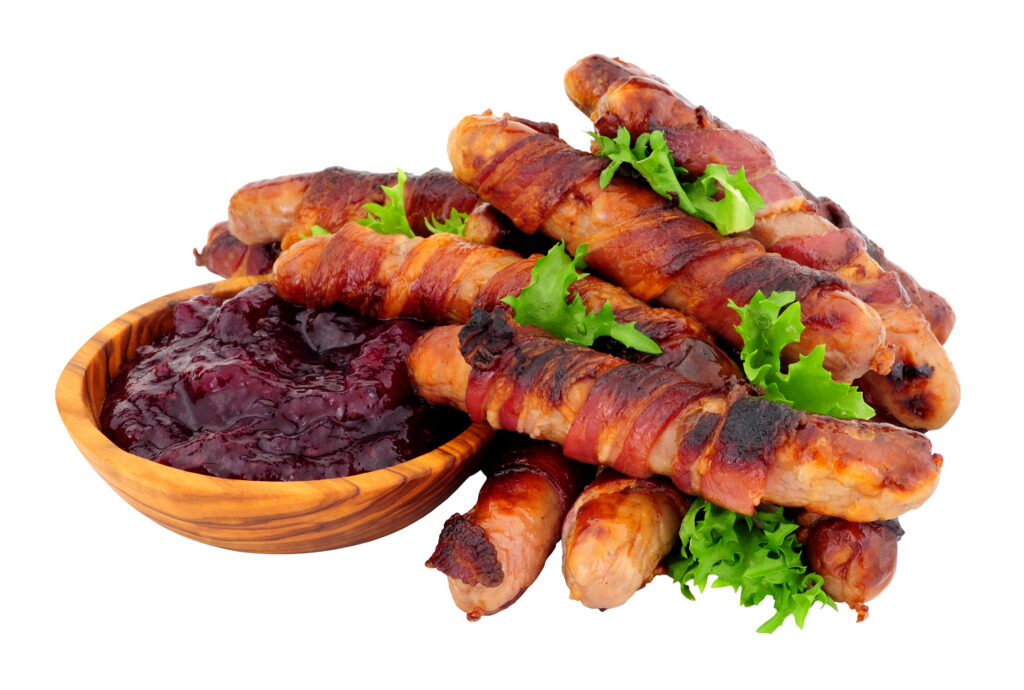
Meanwhile, the art of reinvention reached its peak with stuffed frankfurters. When six o’clock struck and dinner inspiration was nowhere to be found, these entered the chat. The preparation was a beautiful haiku of simplicity: slice a hot dog lengthwise, nestle in cheddar and chopped onions, wrap in bacon like tucking it in for a smoky nap.
Fifteen minutes later, as bacon crisped and cheese escaped in molten rivulets, dinner was served. These weren’t just hot dogs; they were testament to the American spirit of reinvention—taking something ordinary and making it special with nothing more than refrigerator contents.
13. Mock Lobster Tales
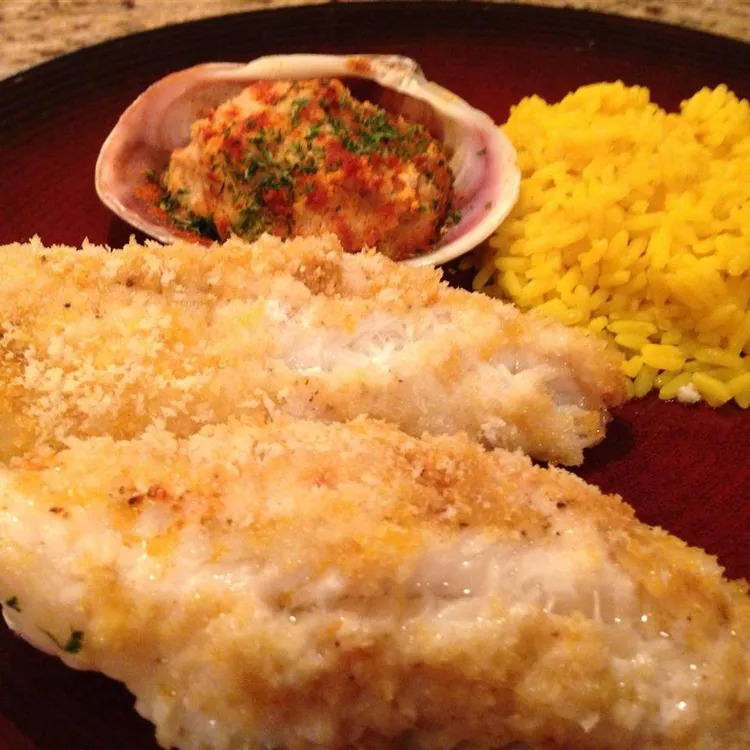
Aspiration met budget constraints in Mock Lobster Tales—the costume jewelry of 1970s seafood. Flaked white fish, transformed with breadcrumbs, mayo, and strategic paprika, was carefully shaped to mimic expensive crustacean tails, representing the democratic spirit of American cooking.
These golden-baked impostors were culinary theater, props in the ongoing performance of upward mobility that defined the decade’s relationship with food. They embodied the belief that everyone deserved a taste of luxury, even through creative substitution.
12. Celery Victor

Vegetable elevation reached refined heights with Celery Victor—proof that our plant obsessions have deep historical roots. This dish transformed humble celery stalks through poaching in seasoned broth, chilling in vinaigrette, and arranging with fine jewelry precision…. Served cold and garnished with pimento strips, it offered surprisingly complex experiences: crisp yet tender, tangy yet savory. Its presence at hotel buffets throughout the decade spoke to times when vegetables weren’t just nutritional necessities but worthy of center-stage treatment.
11. Hamburger Boats

The creativity didn’t stop with marinades. Enter the hamburger boat—a hoagie roll transformed into a vessel of teenage dreams, a carb canoe navigating the choppy waters of adolescent hunger. These open-faced submarines carried precious cargo: seasoned ground beef, melted American cheese, and the holy trinity of ketchup, mustard, and diced onions.
The magic happened in the oven, where everything melted together like the plot of a John Hughes movie—messy, emotional, but somehow perfect. These weren’t just sandwiches; they were edible life rafts for families navigating the turbulent seas of after-school activities and evening commitments.
10. Tomato Aspic with Veg All

The decade’s relationship with texture reached its zenith in tomato aspic—a ruby-red rebellion against conventional food concepts. This jiggly disk of tomato juice set with unflavored gelatin and studded with canned mixed vegetables looked like something that might have evolved in a petri dish left too long in the sun.
Yet there was something undeniably fascinating about its wobbly presence, challenging diners to reconsider their relationship with texture. Tangy, savory, and oddly refreshing, it dared to be strange in an era that embraced culinary experimentation like platform shoes.
9. Chinese Pie (American Tourtiere)

Regional comfort foods told their own immigration stories. Despite its misleading name—about as Chinese as fortune cookies—this hearty layered creation had roots in French Canadian soil, migrating south like a comfort food carrier pigeon to bring solace to cold New England states.
The architecture was simple but effective: seasoned ground beef foundation, creamed corn middle layer providing sweet relief, and cloud-like mashed potato ceiling. Baked until golden-brown, this dish embodied practical northern poetry—food that sticks to your ribs while wind howls outside.
8. Spam and Mac Deluxe

The decade’s comfort food philosophy culminated in Spam and Mac Deluxe—blue-collar luxury that combined processed meat with creamy macaroni embrace, crowned with crushed cornflake topping that crackled with promise. Each forkful delivered perfect storms of salty, cheesy, creamy, and crispy elements colliding like perfect pop song components.
It wasn’t trying to be gourmet; it was trying to be good—and in that simple ambition lay its enduring charm.
7. Deviled Ham Logs

The party circuit had its own signature moves, and deviled ham logs ruled the cocktail hour. Before charcuterie boards became personality traits, these cylinders of processed meat mixed with mayo and spices, then rolled in parsley like they were auditioning for a garden party, represented sophisticated entertaining.
Sliced into perfect rounds and arranged beside Ritz crackers, they offered just enough piquancy to make guests feel cosmopolitan without threatening anyone’s Midwestern palate. They became synonymous with effortless entertaining, though stained recipe cards suggested the “effortless” part was more aspirational than accurate.
6. Shrimp Wiggle

Some dishes wore their quirks proudly, like Shrimp Wiggle—a name that sounds like a rejected dance craze. This combination of creamed shrimp and peas literally trembled on the plate like it was nervous about its own existence, spooned over toast points or rice as comfort food that refused to sit still.
Its roots reached back to military cookbooks and post-war pragmatism, when making something from almost nothing wasn’t trendy—it was necessary. In its wobbly essence, Shrimp Wiggle captured the spirit of a generation that valued function over form.
5. Tuna Twist Casserole

In countless suburban kitchens, this was the North Star of weeknight dinners—the dish that answered the eternal question, “How can I feed a family of five using only ingredients that will outlive humanity?” Mothers transformed humble canned tuna, pasta, and cream of mushroom soup into something that, when pulled from the oven with its golden-brown potato chip crown, felt like culinary alchemy.
The casserole bubbled with contradictions: economical yet satisfying, simple yet somehow special. It vanished from modern tables like childhood memories of rotary phones, leaving behind only the faint scent of Campbell’s soup and the echo of families gathering around Formica tabletops.
4. Macaroni Loaf
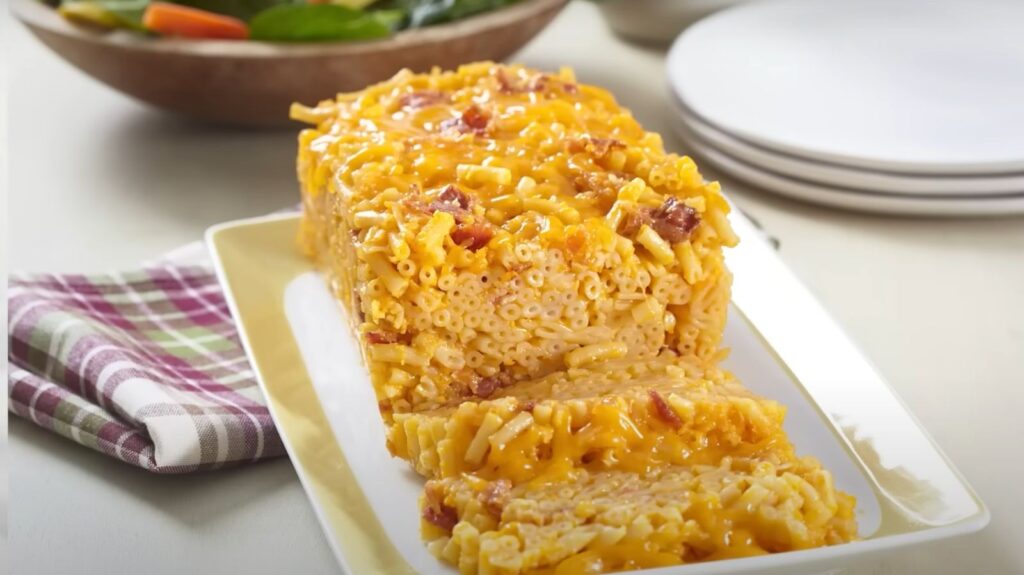
The era’s architectural ambitions extended to pasta with the macaroni loaf—a dish that posed the existential question: “Why must pasta always be warm?” Chilled macaroni bound with gelatin and enriched with chopped ham, olives, pimentos, and cheese decided to get serious about its life choices…. Served in precise slices revealing ingredient mosaics, this was the potluck darling of the decade. Its structured elegance quietly embodied the 1970s belief that even casual ingredients could be elevated through proper presentation.
3. Porcupine Meatballs

Economic creativity spawned its own visual language, exemplified by porcupine meatballs—culinary illusionists that made a pound of ground beef feed a family of six through uncooked rice magic. As they simmered in tomato sauce, rice absorbed liquid and pushed outward, creating signature “quills.”
Each bite told a story of resourcefulness, of stretching ingredients like paychecks at month’s end. They weren’t just food; they were edible economics lessons, teaching children that creativity could transform scarcity into sufficiency.
2. tang Marinated Chicken
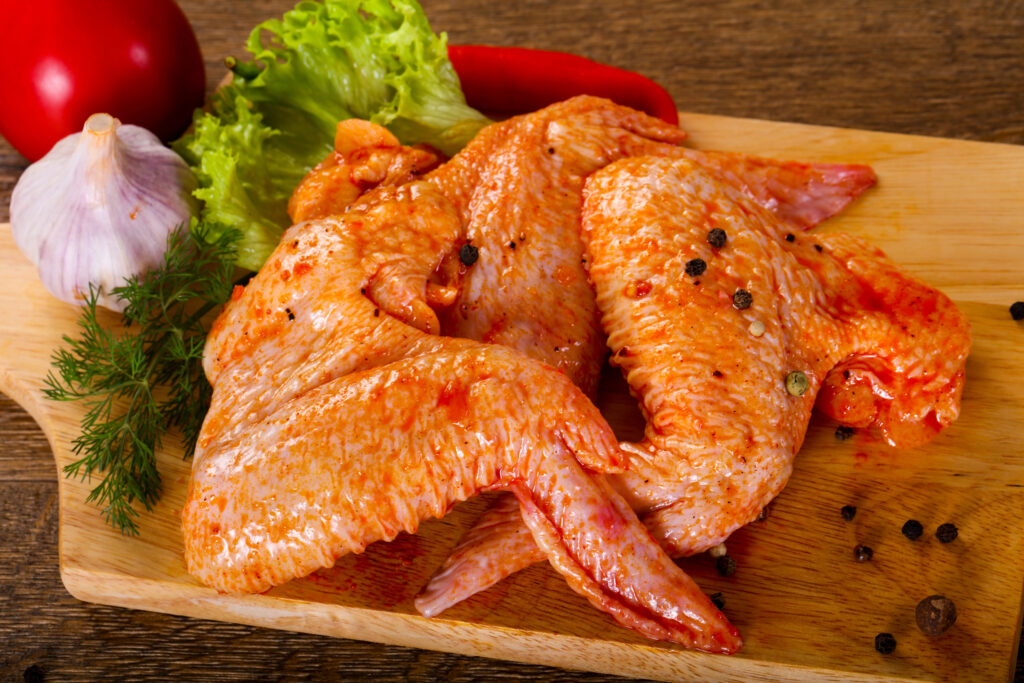
If casseroles represented practicality, then Tang chicken embodied pure American ingenuity—proof that space-age optimism could transform even dinner. This astronaut’s breakfast drink, combined with soy sauce, garlic, and oil, created a sunset-colored marinade that made ordinary poultry taste like the future.
The result was chicken with a bronzed exterior that would make any 1970s sunbather jealous, infused with fruity notes and unexpected depth. Even skeptical dinner guests found themselves reaching for seconds, their doubts dissolving faster than Tang in water. This recipe captured a time when Americans believed anything was possible—even delicious chicken made with powdered orange drink.
1. TV Dinner Inspired Salisbury Steak Bake
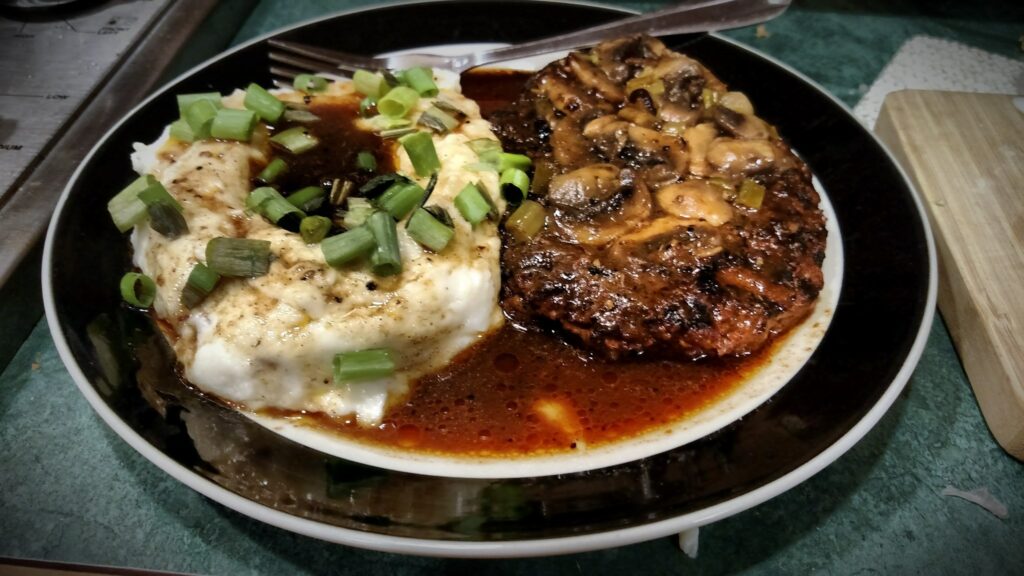
The tension between convenience and quality found resolution in TV dinner-inspired Salisbury steak bake—homemade answer to frozen convenience. It took compartmentalized TV dinner concepts and supersized them into family-style feasts, with beef patties in rich brown gravy alongside mashed potatoes that never knew freezer interiors.
This dish bridged gaps between atomic age promises of technological liberation and timeless comfort of food made with human hands. It satisfied deeper hunger than physical—it fed the American dream of having it all.


